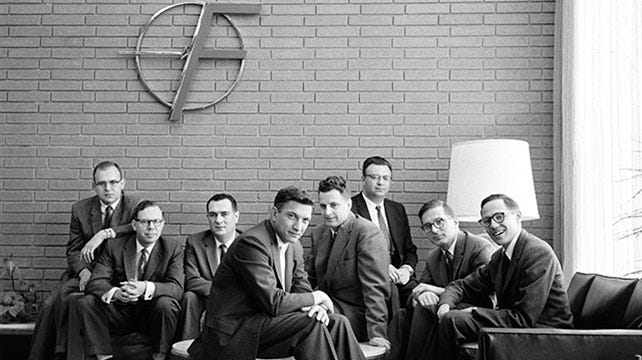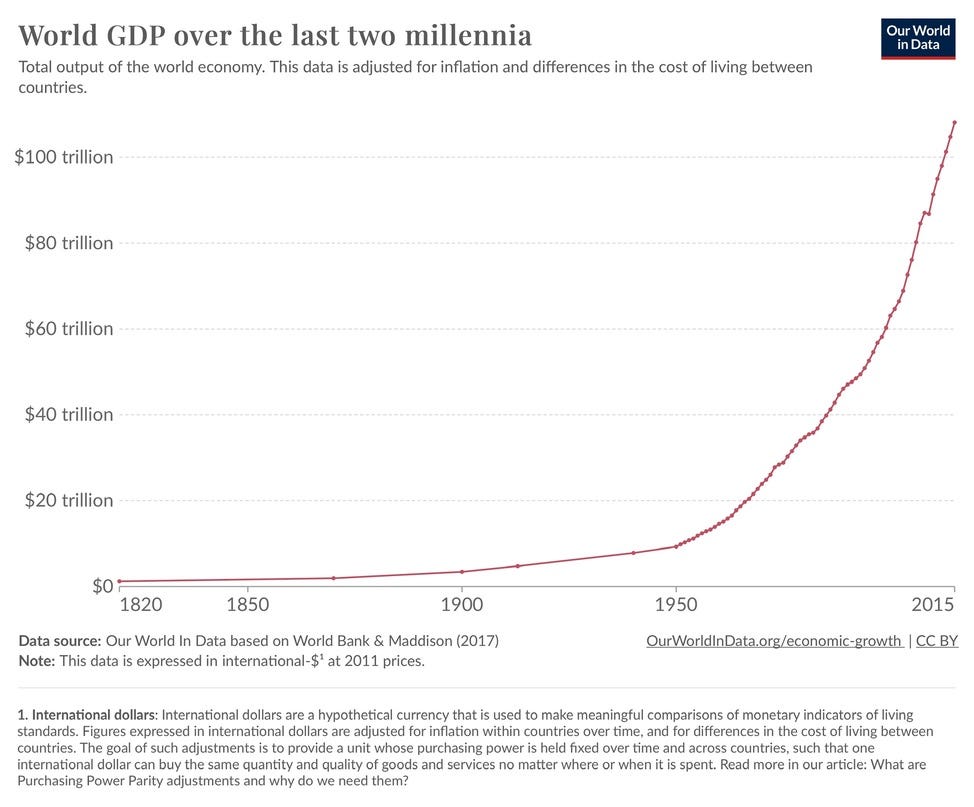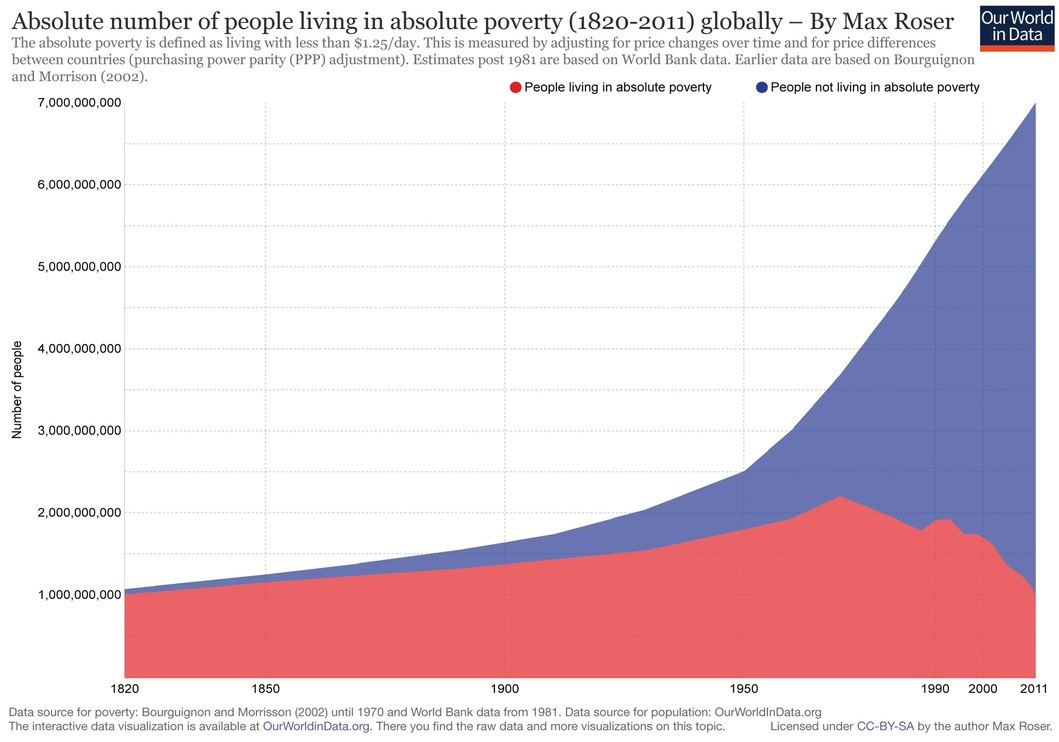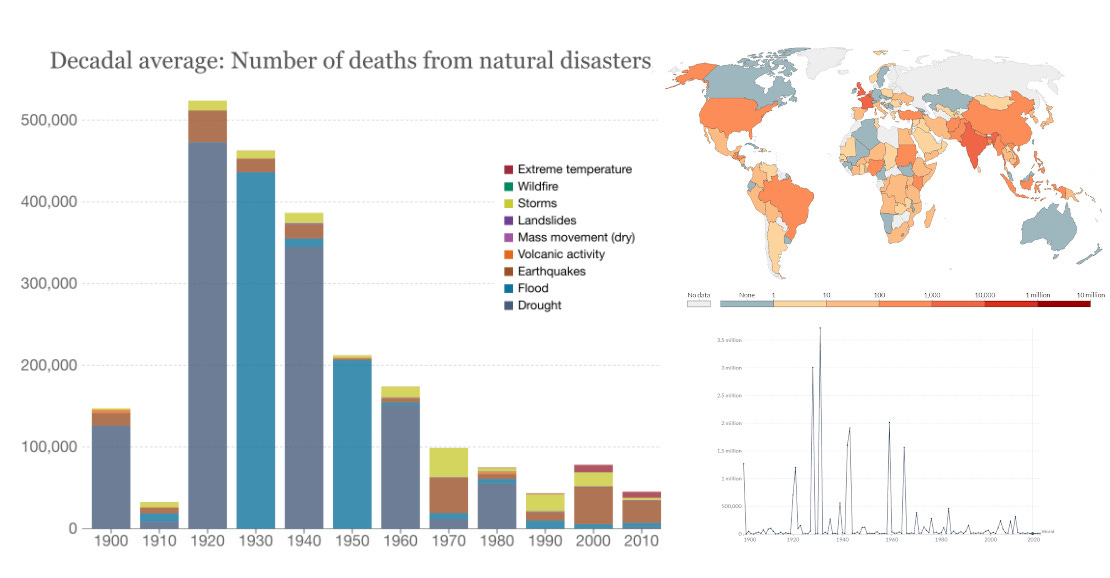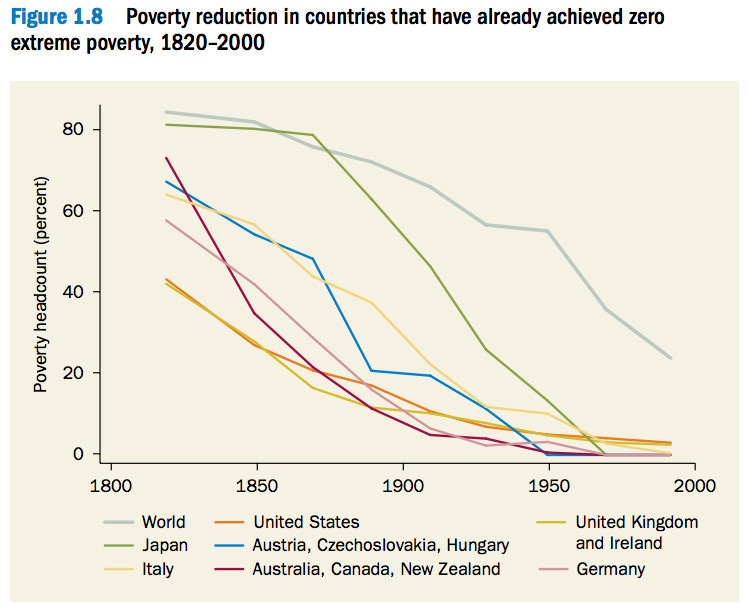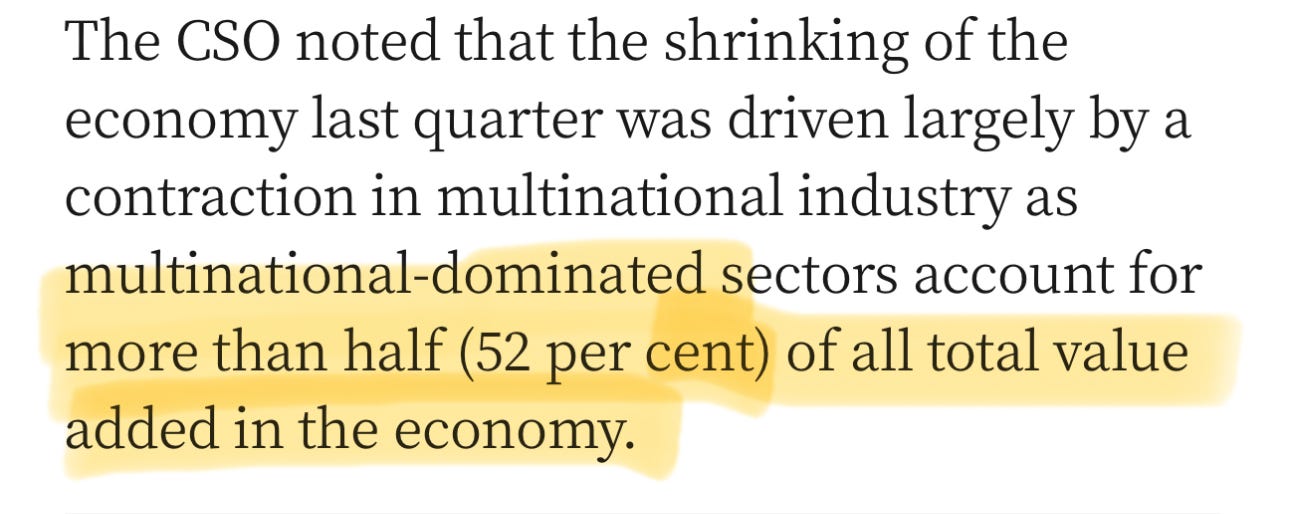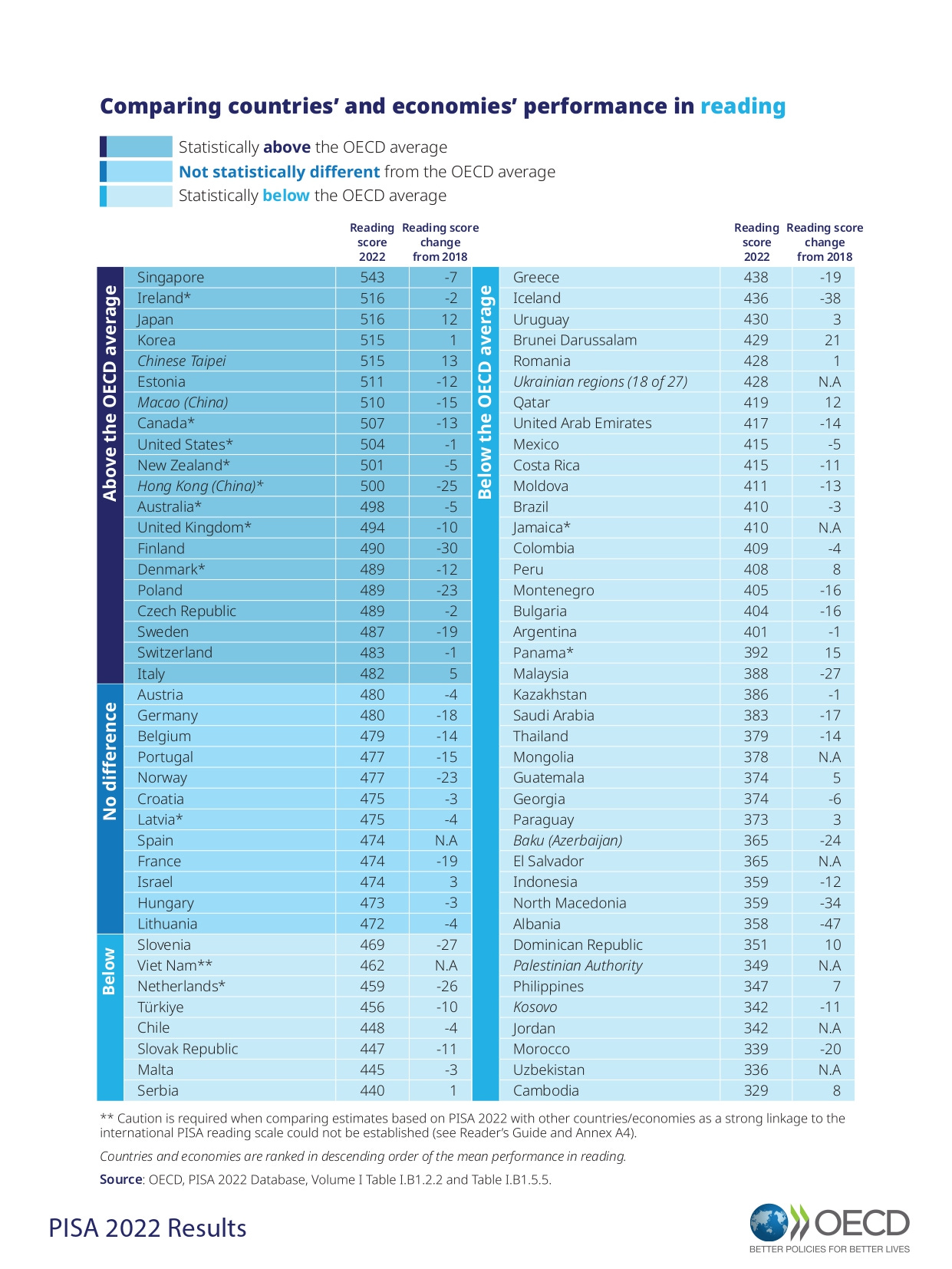Pessimism will Kill our Kids.
How The Pessimists will catalyze the demise of Europe and America, if we allow it.
‘Techno-optimism’ appeared on tech Twitter this year as a ferocious battle cry. Roaring from every corner of the platform, it rallies those who believe in the power of humanity, to imagine, create and build a better future. Responding to the Bat-Signal, the optimists, toting e/acc handles and start-up swag, are collectively combating the growing pessimism that is fostered in our media, fomenting in our government and festering amongst our youth. Because, pessimism will kill our kids.
In a world of increasing skepticism and cynicism, 'techno-optimism' believes in the transformative power of human ingenuity and technology. Techno-optimism isn't just a meme, it's a movement.
Unfortunately it seems pessimism is the default. It spreads by sensationalist media narratives designed for clicks preying on peoples fears, by government legislative overreach backed by those seeking to gain regulatory capture and monopolize their early entrant status and through the indoctrination of our youth who have been taught to cancel all people and things who they deem to perpetuate privilege or whiteness.
The Optimists have woken up from their silent slumber and are echoing the opposing belief that technology solves the worlds biggest problems and elevates our collective human experience. The Optimists are united by a common truth - that every significant leap in human progress from the wheel to the web, has been driven by technological innovation. So let’s take a look at history and data to present why we should all be Optimists.
Tech catalyzes massive societal shifts. It propels upward mobility, breaking the shackles of traditional class structures. Computer science and engineering are great equalizers as the students who take these majors have similar financial outcomes regardless of whether they went to an Ivy League or state school. The American Dream is alive and well. The Pessimist, threaten this for lower socio-economic and minority kids by banning accelerated math and delaying algebra until high school. STEM is critical for upward mobility.
Tech has been a lifeline for minorities globally, offering platforms for representation and equality. It has leveled the playing field through learning platforms - EdX, Coursera, Khan Academy- democratizing access to knowledge, breaking down barriers for learners in remote or underserved communities.
Tech has empowered women, granting autonomy and shattering glass ceilings. All you need is an Instagram account to start and grow an empire. IG coupled with entrepreneurship tools (stripe, shopify, like-to-know-it) have enabled women to start and grow businesses from anywhere, challenging traditional gender norms and economic barriers. Financial influencers like Mrs Dow Jones and MyRichBff or investing podcasts like Invest Like the Best or We Study Billionaires, give women access to financial information they were previously excluded from. Networking platforms (Chief, Lunchclub, X, Intro) have fostered mentorship and community among professional women, creating opportunities for advancement and support. We now have more women in STEM than all humanities combined we will continue to see rising salaries for women.
Women can now freeze their eggs, test their embryos for life-threatening diseases, conceive via surrogate and soon via artificial wombs. In the developing world, child mortality continues to be a huge risk and one that technology and cheap accessible energy can solve.
Tech has waged war against poverty, creating prosperity where none existed. (Graph and discussion below) And it has stood as our vanguard against diseases, pushing the boundaries of medical science.
The Pessimists would have you believe that Techno-optimism is a dismissal of the challenges and risks that accompany technological progress. But The Optimists believe in our collective ability can navigate challenges. It is an affirmation that our greatest strength is our ability to create, innovate and adapt. The Optimists believe in the mantra ‘zero knowledge and infinite intelligence’, meaning that while we may know little to nothing about a subject, we are intelligent and capable of figurig out what is actual harm vs imagined risk.
But the problem is that tribalism and political division are on the rise. The message of empowerment and self-efficacy preached by The Optimists is at odds with a world view deeply ingrained since the 1970s by certain social groups. The Pessimist - certain groups & political parties - operating under the guise of empowerment, have perpetuated a perception of victimhood, attributing powerlessness to various immutable attributes and external societal structures – the system, perceived oppressors, racial or economic elites.
The crux of the conflict lies in the locus of control. The Optimists advocate for an internal locus of control. Nietzsche emphasized individual will, the übermensch. Envisioning a world where the individual holds the power to shapre their destiny and the world. BAP while controversial and with many views differing from my own, promotes personal agency and rejection of passive acceptance and active delegation of autonomy to the government. Maya Angelou a civil rights activist and poet inspired a generation, teaching that personal fortitude and a deep belief that one's own agency can lead to profound personal and societal change.
On the other side, The Pessimists externalize their locus of control on systemic forces, the elite, or industries like tech. The Optimists assert that we possess the power to enact change which fundamentally challenges the core message, the modus operandi, and even the necessity of The Pessimists groups.
This philosophical divergence extends into action. The Optimists don’t tear down existing systems. They build new ones. They embody a philosophy of construction over criticism, innovation over inaction. This mindset is not just theoretical but acted on in silicon valley since the beginning.
Fairchild Semiconductor was founded in silicon valley in 1957. Fairchild wasn't just a company, it was a crucible for a new economic and entrepreneurial paradigm. Fairchild broke away from traditional comp models by offering significant stock options to its employees. This was not just a redistribution of wealth but a radical rethinking of wealth creation. The move was even called Socialist by some because it democratized the potential for prosperity, allowing a broader segment of society to participate in the wealth generated by tech advancements through RSU’s and Stock Options. Fairchild’s approach to employee stock options reflects the mindset of The Optimists operating from first principles to reshape the world creating something that is truly better for everyone.
The philosophy of The Optimists, therefore, is not just about technological advancement but about how we solve social issues. The Optimists believe in building solutions not just identifying, emoji-ing and tweeting about them. It is this ethos that stirs consternation among The Pessimists who view the world through a binary fixed lens of oppressors and the oppressed. To them, the top 1% represents an unassailable fortress, an impenetrable elitist system designed to exclude. The idea that individuals hold the autonomy to break through these perceived barriers is not just unsettling, it's revolutionary. For someone to work at a start-up, generate so much value through their own hard work, value and merit that they become wealthy isn’t celebrated, it’s silenced.

The Pessimists are driven by concerns about the unchecked growth and potential negative impacts of technology, advocating for stricter regulations as a means to control its development and impact. They argue that without proper oversight, technological advancements could lead to unintended consequences, including privacy violations, increased inequality, or other social harms. The Pessimists want the government to regulate these companies, to support organizations that ‘protect the people’ lest they have to fend for themselves.
The Pessimists' concerns stem from a belief in the necessity of their role. They view individual empowerment as a threat to their relevance, particularly in solving societal issues like homelessness in SF. If such problems were resolved the organizations and individuals dedicated to these causes would become redundant. Consequently, the Pessimists emphasize a narrative of victimhood within the system, fostering a dependency on their intervention and support. The more they make you believe that you are a victim of the system, the more you become one, the more you need them. I know which message I’d like to believe..
Cancel culture has crossed into the realm of ideas, individuals or innovations (e/acc, Elon & Ai respectively). This is a method of control. Trad media backed by The Pessimists use public opinion & social pressure to stifle views, advancements or ideas that are deemed controversial or harmful. Tim Urban in his book ‘What’s Our Problem’ examines how debates are framed now in moral absolutes - good vs evil. The binary framing strips the nuance and makes truth-seeking impossible.
This inhibits the potential benefits of technology. In their efforts to ‘protect’ society from the perceived dangers, The Pessimists inadvertently prevent the development of solutions that could address some of the very issues they are concerned about. That’s why Pessimism will Kill our Kids.
To know how to progress, we must look back. Humans first embraced technological progress thousands of years ago with the advent of agriculture. Jared Diamond in "Guns, Germs, and Steel" explores how the development and adoption of farming technology was pivotal in shaping the destiny of civilizations.
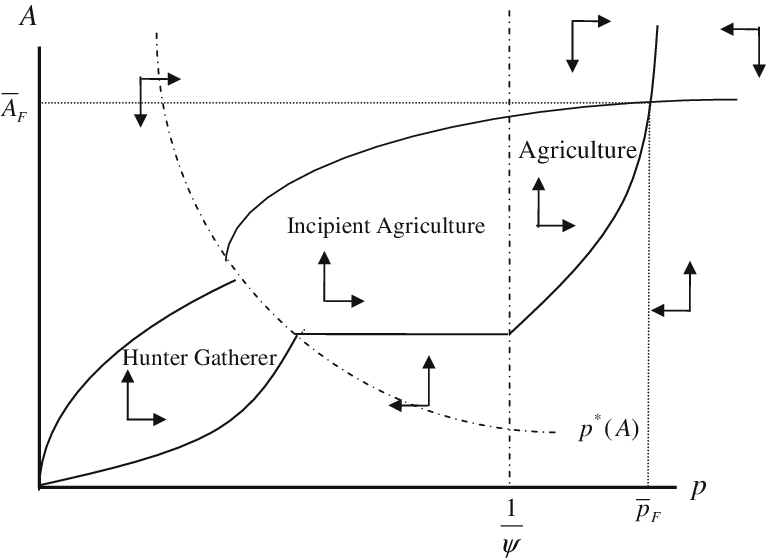
Agriculture was the first major technological innovation that allowed humans to settle, grow and develop complex social structures - the development of towns, governance structures and organized civilizations. The ability to cultivate crops and domesticate animals meant more stable food supplies which supported larger populations.
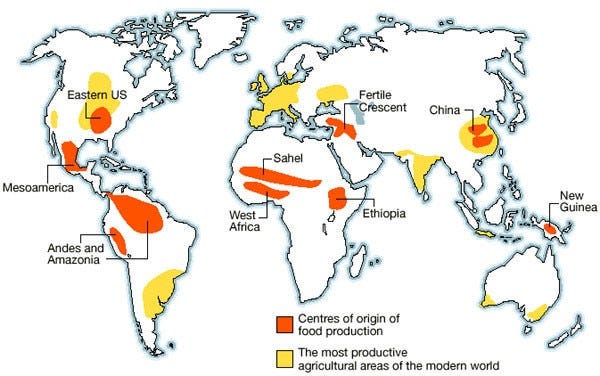
The disparities in both the pace and nature of technological adoption across different regions is an early example of the impact of technological divergence, a recurring theme in human history and central to The Optimists doctrine: technology as a catalyst for societal change and a determinant of power.
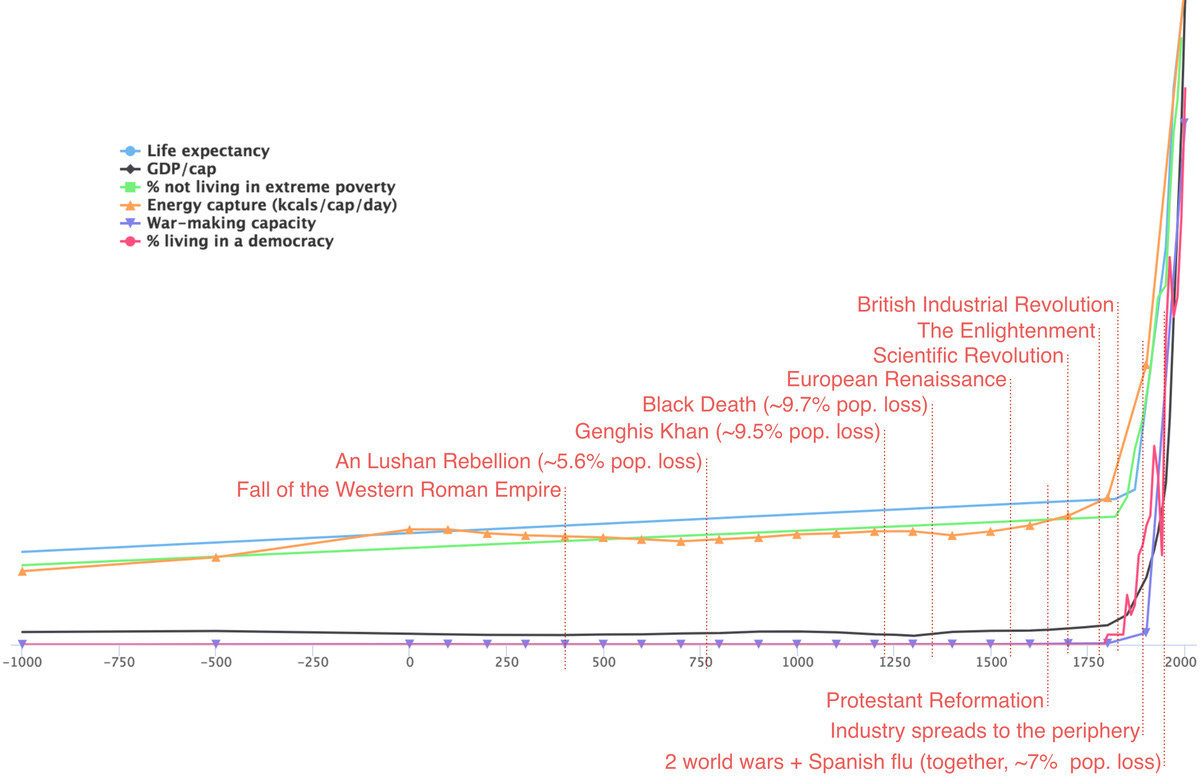
The next major shift was in the 18th century with the Industrial Revolution. This marked a transition from manual labor to mechanized production and factory systems using machines powered by steam and later electricity. It is important to note here the connection between energy and technology.
The Industrial Revolution showed the importance of technological innovation for its profound social impact. Prior to the Industrial Revolution people lived in extreme poverty, had a life expectancy of 25-30 years (where was Peter Attia when we really needed him!) and had zero political freedom or personal economics.
For the first time the production of goods was detached from human or animal muscle power, leading to unprecedented levels of productivity. Factories created a demand for labor, prompting a massive migration from rural areas to cities. This urbanization concentrated populations and resources in urban centers. It also marked the first change in marriage and dating as young men and women were away from home in large urban areas. This was the first ‘oh no! what’s going to happen to marriage’ crisis. But that’s a topic for another day..
As you can see from the graph above, before the Industrial Revolution there was no meaningful global economy so industrialized countries became the economic powerhouses exerting their influence on global trade and politics.
The Pessimists often advocate for legislating the reduction of energy consumption because of concerns over environmental sustainability and the long-term impacts of fossil fuels. A luxury belief that to fully understand its implications we must examine the relationship between energy and human development. Alex Epstein in Fossil Future discusses the trade-offs. The increase in cheap energy consumption, primarily coal, oil and gas has corresponding effects on human flourishing and on mortality.
Pre-Industrial Revolution healthcare was awful. Diseases that are now easily treatable were often fatal. Tools for effective diagnosis and treatment like ultrasounds, MRI’s and incubators, were non-existent. Giving birth was a risky endeavor and infant mortality rates were scarily high. Vaccines eradicated or controlled diseases like smallpox and polio across the globe.
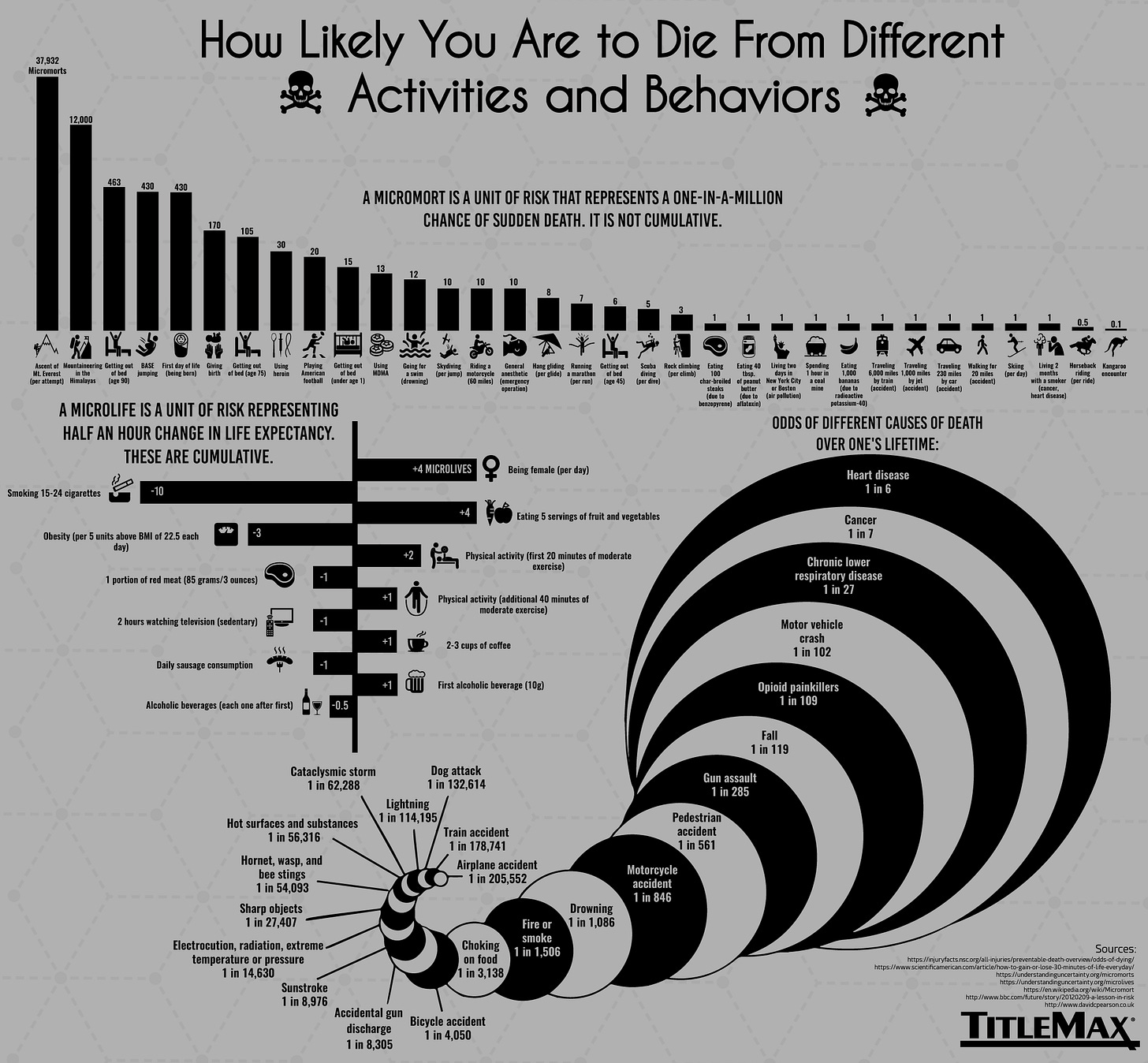
People lived in extreme poverty, lacking access to food, clean water and basic sanitation. Folks having electricity in their homes was nothing short of a miracle. Access to power lifted people out of poverty, facilitating both education and economic development, bringing light, warmth, and a range of appliances that transformed daily life.
Clean, cheap energy leads to better living standards. More efficient heating & lighting results in education and economic development and dramatically reduces mortality rates.
The energy transformation from wood and coal to electricity and renewable energies, has been a pivotal development. Julia De Wahl and Packy McCormick discuss the impact of The Pessimists over-regulation of nuclear energy and ignoring it as a potential energy source which resulted in a generation of folks who continue to live in extreme poverty as those in pre-Industrial Revolution civilizations did.
In Japan, the Meiji Restoration (1868) embraced technology and modernized Japan. During the Edo Period, Japan was a feudal society mostly closed off from the rest of the world, adhering to strict isolationist policies under the Tokugawa shogunate. Before the imperialist Meiji era there was growing dissatisfaction amoung the daimyo and samurai class who believed that a modern Japan that embraced technology would have better economic outcomes for the people of Japan and for national security. Amazingly the Tokugawa Shogunate surrendered power and The Meiji Restoration followed.
The Optimist leaders of the Meiji era began on a rapid process to modernize and industrialize Japan. The movement embraced technology resulted in significant economic growth. Had The Pessimists regulated the use of technology during the Industrial Revolution or the Meiji Restoration because people lost jobs or they feared its impact, then pessimism would have certainly killed our kids.
The Pessimists fear new technology. First they wanted to regulate Crypto arguing it financed terrorism and endangers national security when in reality, Crypto is less than 1% of all illegal monetary activity.
Currently, there's a movement focused on regulating AI, with one suggestion being the regulation of CPU/GPU usage. Let's explore the implications of this proposal and understand how AI works as AI is more akin to a tech stack, than a platform or tool.
Semiconductors have become the cornerstone of modern technology, deeply embedded in nearly every industry and aspect of our lives. At their core, semiconductors are used in electrical circuits and conduct electricity. In a computer processor semiconductors are used to create integrated circuits which perform calculations and process data. (The book Chip War is great and goes into much more detail.) This evolution in computation and reliance on semiconductor technology is tied to the current frenzy around AI and its impact on human cognition and jobs.
When we transitioned from manual computation calculations -abacus and books - to semiconductor-driven devices like calculators and computers it shifted how we handle data and perform computations. We went from relying on human cognition to leveraging speed anda ccuracy of computers. When was the last time you found the square root of a number in your head? Probably never.
The governments of Taiwan, China, and South Korea have significantly invested in their semiconductor industries, recognizing the strategic value of technology in the global market. These investments have yielded substantial economic benefits for their populations. By focusing on technological advancements and developing a robust semiconductor sector, these countries have enhanced their global competitiveness and economic standing, reflecting the importance of strategic investments in high-tech industries for national growth and prosperity.
Semiconductors power every industry. From tech, auto, healthcare, finance and government. They are fundamental components of GPUs and CPUs. They are the backbone for AI models, infrastructure, architecture and databases.
Today, we're on the cusp of an AI revolution, where computers are going to feel more like relationships than tools. Where computers are capable of learning, adapting, and making decisions.
The fear among The Pessimists is that AI might not only supplement but also supplant human intelligence and function in many areas. This concern extends to the potential of AI overtaking human roles in the workforce, leading to job displacement, and challenging the very essence of human uniqueness in creativity and decision-making. However, as we have seen, technological advancements lead to new opportunities and industries. AI has the potential to enhance human capabilities, lead to the creation of new sectors, economic growth, human flourishing just like every technological advancement that has come before.
The integration of AI into our lives and industries is not a zero-sum game where machines win, and humans lose. But an opportunity for a synergistic relationship where AI complements human skills.
The Pessimistic response to AI is growing in Europe. Europe has traditionally been more Pessimistic over-regulating tech and created a hostile environment for start-ups. Innovators leave and move to the West Coast to find their peers and VC backers.
Multi-national tech companies have been a significant economic driver in Ireland but recent trends show a slowdown in their growth largely because of the uncertain economic climate. Irelands dependency on US companies has replaced its dependency on the UK. The Bertie Ahern government embraced tech, working with folks like Eric Schmidt to attract companies like Google, Apple, Intel etc to Ireland with the ‘Double Irish’. While this brought considerable benefits, over-reliance on an external force is risky. Instead of creating a Startup Nation like Israel, Ireland outsourced its power to the US and now US tech companies have the power to shift Irelands economy.

Ireland has one of the highest PISA rankings and one of the highest GDP per capita. It has a smart, dynamic and brilliant people. By becoming Techno-Optimists, embracing tech and fostering homegrown innovation Ireland can diversify our economic reliance and build resilience against market fluctuations.
Techno-Optimism versus pessimism can be tied to broader economic and political ideologies, particularly communism and capitalism. Techno-optimism aligns with capitalist principles, emphasizing merit, free market, competition, and innovation. Capitalism values individual initiative and entrepreneurship to create opportunities for human flourishing.
The Pessimists who advocate for more regulation and control over tech, has parallels with communist ideology. Communism, emphasizes collective ownership and state control, thus advocate for regulating technology to ensure it serves the collective good and does not exacerbate social inequalities. From a Pessimistic viewpoint, the unchecked technological progress in a capitalist system might lead to exploitation and increased inequality – concerns that are central to communist critique of capitalism. For example, the automation of jobs without adequate social safety nets can be seen as problematic in this perspective.
But as you know, Capitalism results in better outcomes for everyone in our society.
This graph illustrates the share of China's population living in extreme poverty from 1980 on. The decline begins with the economic reforms initiated by Deng Xiaoping pivoting from a communist economic policies and moving towards capitalism. These reforms included opening China up to foreign investment, decentralizing economic decision-making and allowing private businesses. Deng Xiaoping promoted economic liberalization, competition and private ownership. China is an example of how embracing capitalist mechanisms can create societal improvements and reduce human poverty and suffering.
The very essence of being human, is to progress. From the moment you enter the world, you embark on a lifelong journey of learning and growth. Each experience and lesson propels us toward the next phase of our development. Our education system established (a now outdated) framework for learning but absent the structure as Benjamin Franklin poignantly observed ‘Many men die at 25 but aren't buried until they're 75.’ This metaphor captures the stagnation that occurs when we lose sight of our innate potential to evolve, learn, create and build. When that structurelessness meets belief in systemic sovereignty we risk succumbing to a sense of futility and grasp at the power to keep others down as a way to feel powerful ourselves.
This intra-elite war must be won by The Optimists. Because technology has diminished the chasms of inequality, eased the burdens of suffering, and lifted humanity from the depths of poverty to unprecedented heights of well-being. Our charge is clear, we must boldly embrace the march of innovation, tempering caution with optimism, and ensuring that technology remains a force for collective upliftment, not fear.
The Optimists, hold the key to unlocking a future where our kids are not bound by the constraints of the past but are propelled by the limitless possibilities of the digital frontier.





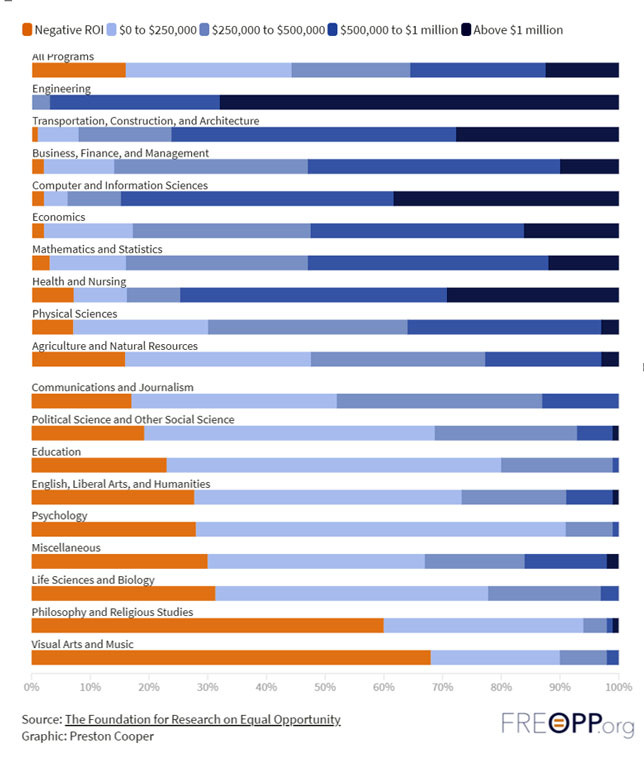

![OC] Fastest Growing - and Shrinking - U.S. College Fields of Study : r/Professors OC] Fastest Growing - and Shrinking - U.S. College Fields of Study : r/Professors](https://substackcdn.com/image/fetch/$s_!6L-z!,w_1456,c_limit,f_auto,q_auto:good,fl_progressive:steep/https%3A%2F%2Fsubstack-post-media.s3.amazonaws.com%2Fpublic%2Fimages%2F0284ac11-b468-4dee-b8a6-4855b4e6cadc_1280x1196.png)
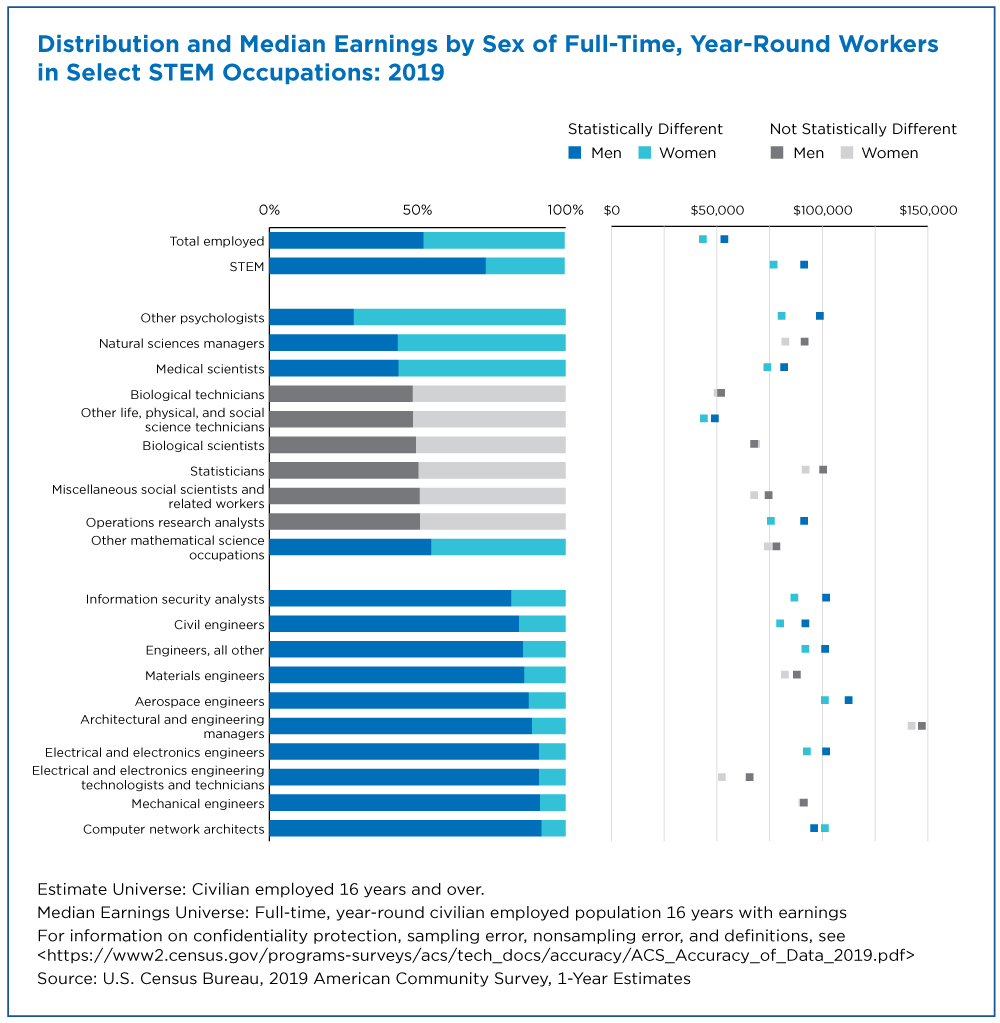

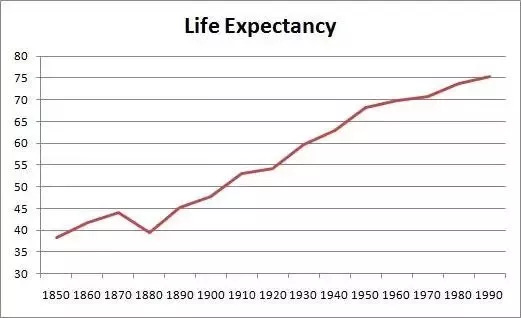
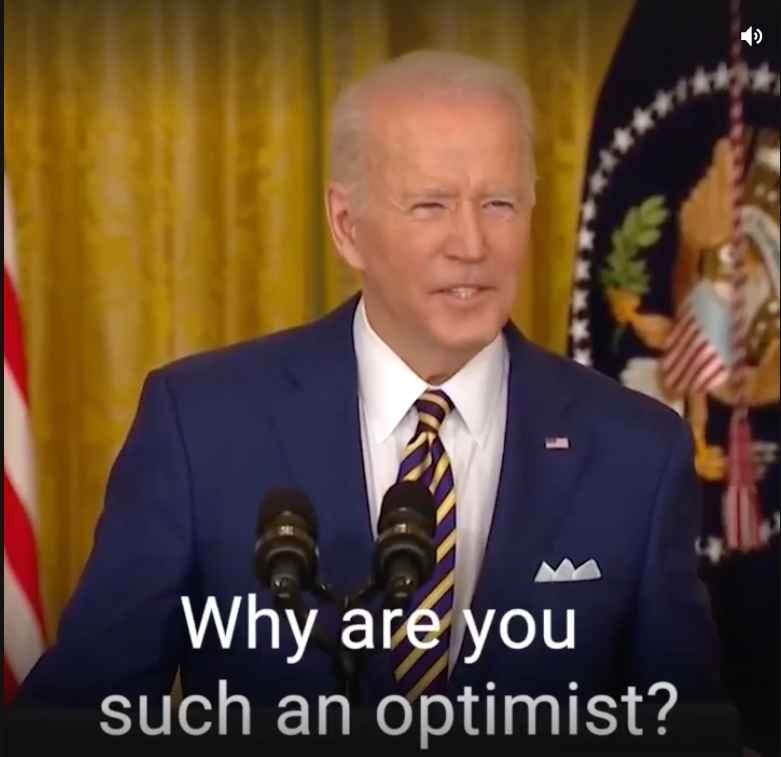

![Image] My Favorite Quote, from Eleanor Roosevelt : r/GetMotivated Image] My Favorite Quote, from Eleanor Roosevelt : r/GetMotivated](https://substackcdn.com/image/fetch/$s_!CeoZ!,w_1456,c_limit,f_auto,q_auto:good,fl_progressive:steep/https%3A%2F%2Fsubstack-post-media.s3.amazonaws.com%2Fpublic%2Fimages%2Fd7d91e58-4235-4604-be50-4149f9f50db9_1080x1080.jpeg)
